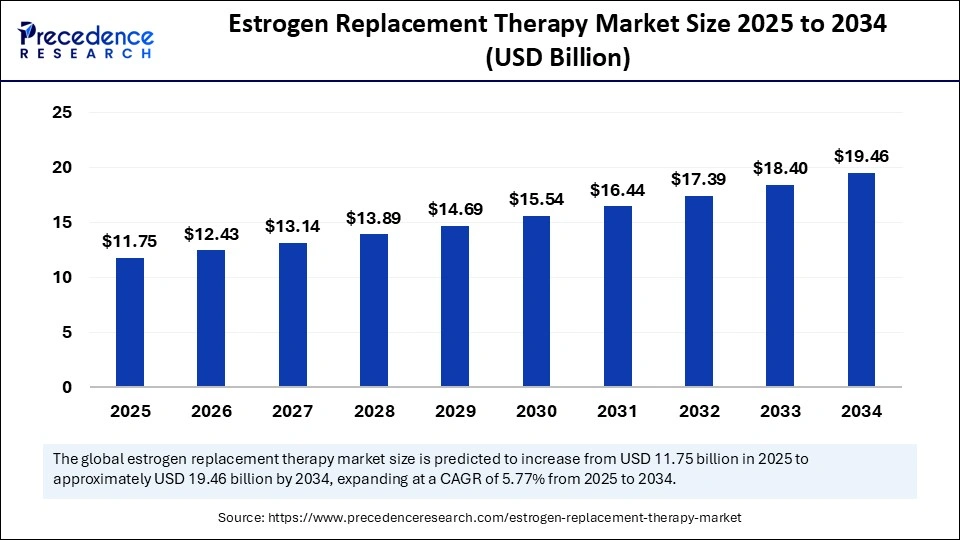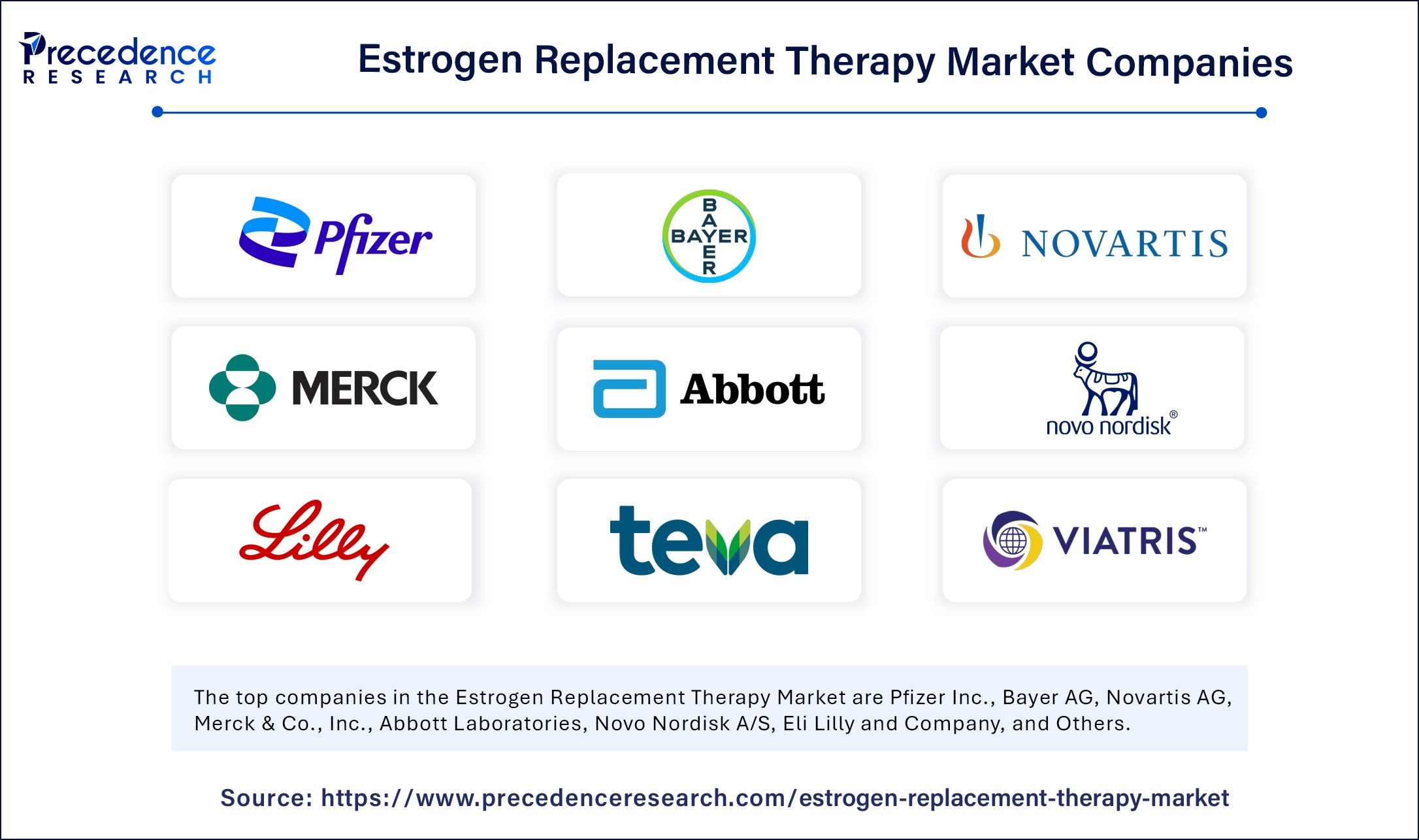
Healthcare Supply Chain Management Market Overview
The Healthcare Supply Chain Management Market is undergoing a significant transformation as hospitals, pharmaceutical firms, and medical device manufacturers seek greater efficiency, cost control, and transparency. The growing complexity of healthcare systems, combined with global challenges such as supply disruptions, labor shortages, and regulatory pressures, has elevated the importance of robust supply chain management in healthcare.
The market is characterized by strong demand for digital solutions that streamline procurement, logistics, and inventory management. Stakeholders are increasingly focused on cost optimization and patient safety, driving investment in software platforms, automation tools, and integrated data analytics.
AI and Innovation in Healthcare Supply Chain Management Market
Artificial intelligence is at the heart of innovation in the Healthcare Supply Chain Management Market. AI-powered analytics provide predictive insights, helping organizations anticipate shortages, manage risks, and optimize delivery routes. Machine learning algorithms are used to track real-time demand for medical supplies, preventing stockouts while reducing waste.
Blockchain technology is also gaining traction by ensuring secure, transparent, and tamper-proof records for medical products. Robotics and automation are revolutionizing warehouse operations, enabling faster and more precise inventory management. These innovations collectively enhance efficiency, compliance, and resilience in healthcare supply chains.
Future Trends of Healthcare Supply Chain Management Market
Future trends indicate that the Healthcare Supply Chain Management Market will continue shifting toward digital transformation and sustainability. Cloud-based platforms will dominate procurement and logistics management, offering scalability and interoperability across regions.
Sustainability initiatives will push for eco-friendly packaging, reduced carbon emissions, and energy-efficient logistics systems. The integration of IoT sensors will enable real-time tracking of sensitive medical products like vaccines, ensuring compliance with temperature-controlled supply chains.
Rising Demands in Healthcare Supply Chain Management Market
Rising demands in the Healthcare Supply Chain Management Market are driven by aging populations, growing healthcare expenditure, and increased reliance on pharmaceuticals and medical devices. The COVID-19 pandemic underscored the vulnerabilities of traditional supply chains, accelerating demand for digital and AI-driven solutions.
Hospitals and clinics are investing heavily in automated procurement and logistics systems to ensure uninterrupted access to critical supplies, from PPE to advanced diagnostic equipment. The expansion of e-healthcare services and telemedicine has further boosted demand for efficient, technology-enabled supply chains.
Key Market Highlights
-
Increasing adoption of AI and blockchain in healthcare logistics
-
Rising focus on predictive analytics to minimize shortages
-
Strong demand for cloud-based healthcare supply chain platforms
-
Growing investment in automation and robotics for inventory management
-
Shift toward sustainable and resilient supply chain strategies
Market Growth Drivers
Several drivers shape the growth of the Healthcare Supply Chain Management Market. These include the growing need for cost reduction, increasing demand for advanced medical devices, and rising regulatory compliance requirements.
Healthcare organizations are under constant pressure to optimize resources without compromising patient care. This has pushed decision-makers to adopt integrated platforms that enable end-to-end visibility, ensuring timely delivery of high-quality products.
Market Restraints
Despite strong growth, the Healthcare Supply Chain Management Market faces restraints such as high implementation costs and resistance to digital adoption. Many smaller healthcare facilities struggle with the financial burden of deploying advanced software solutions.
Cybersecurity risks are another critical challenge, as sensitive medical supply chain data must be protected from breaches. Additionally, workforce shortages and training gaps hinder the seamless implementation of new technologies.
Market Opportunities
Opportunities abound in the Healthcare Supply Chain Management Market. The increasing globalization of pharmaceutical trade creates demand for cross-border, AI-enabled logistics solutions.
Emerging markets present growth opportunities as they invest in upgrading their healthcare infrastructure. Additionally, partnerships between healthcare providers, technology firms, and logistics companies open new avenues for innovation, efficiency, and cost reduction.
Regional Insights
-
North America: Dominates the Healthcare Supply Chain Management Market due to advanced healthcare systems and high adoption of digital technologies.
-
Europe: Strong regulatory frameworks and focus on sustainable supply chains drive growth.
-
Asia-Pacific: Rapidly expanding healthcare infrastructure, rising demand for pharmaceuticals, and government initiatives are fueling market adoption.
-
Latin America & Middle East: Growing investment in healthcare digitization and logistics modernization creates significant opportunities.
Also Read@ https://www.pharma-geek.com/dehydration-monitoring-devices-market/
Estrogen Replacement Therapy Market Companies

- Pfizer Inc.
- Bayer AG
- Novartis AG
- Merck & Co., Inc.
- Abbott Laboratories
- Novo Nordisk A/S
- Eli Lilly and Company
- Teva Pharmaceutical Industries Ltd.
- Mylan N.V. (Viatris Inc.)
- Endo International plc.
- TherapeuticsMD, Inc.
- Allergan plc. (AbbVie Inc.)
- Amgen Inc.
- Ipsen Biopharmaceuticals
- Orion Pharma
- Ferring Pharmaceuticals
- Aspen Pharmacare Holdings Limited
Get free Sample Link @ https://www.precedenceresearch.com/sample/6799
- Estrogen Replacement Therapy Market Size to Reach USD 19.46 Billion by 2034 - September 18, 2025
- Peptide Therapeutics CDMO Market Report Size, Share & Forecast 2034 - September 17, 2025
- Rare Musculoskeletal Disorder Treatments Market Size, Share & Future Trends 2034 - September 17, 2025
